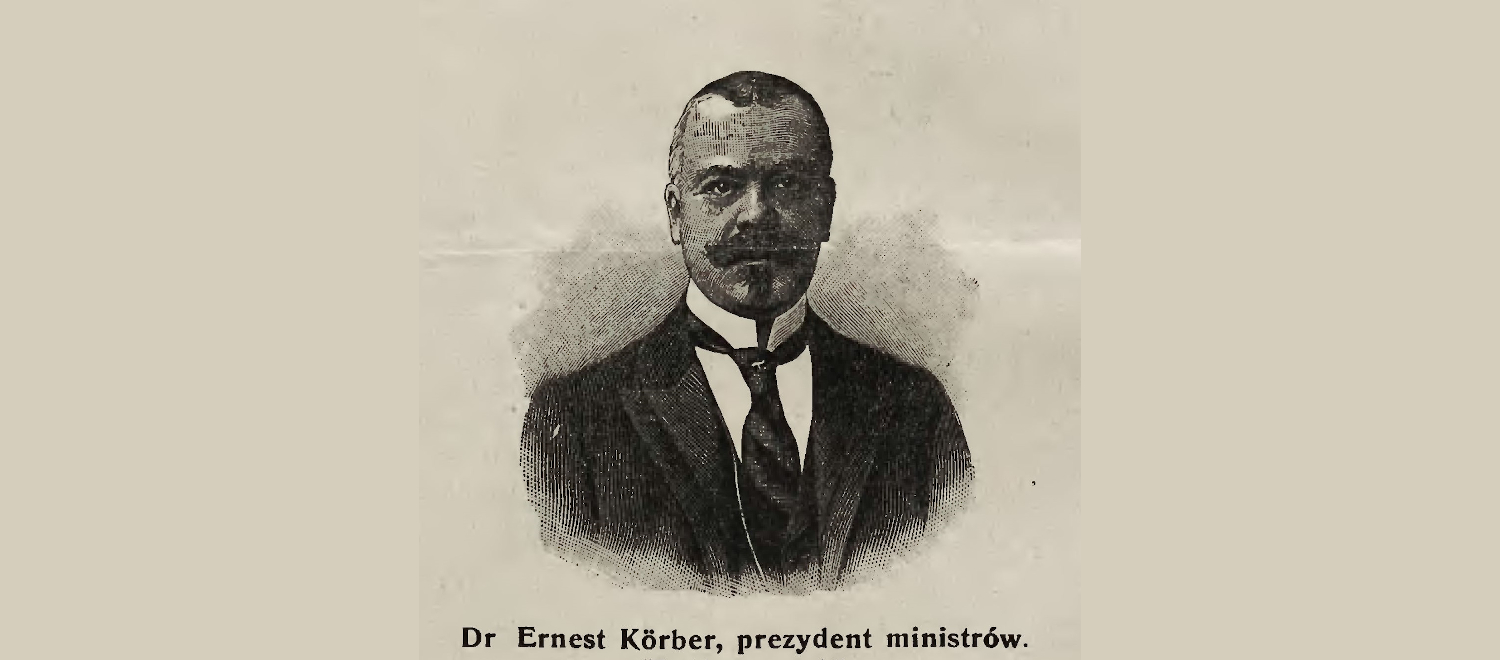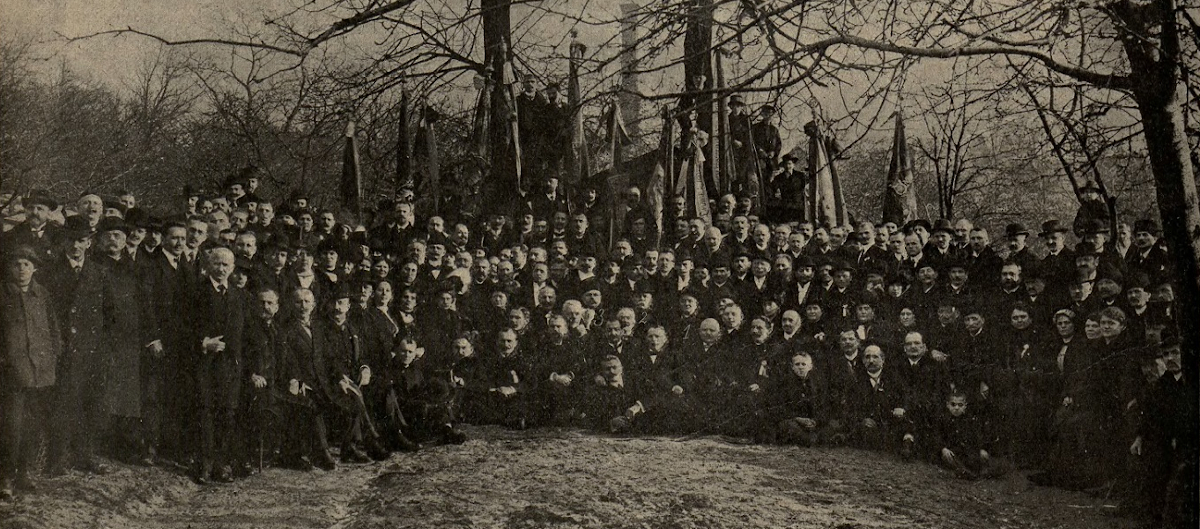

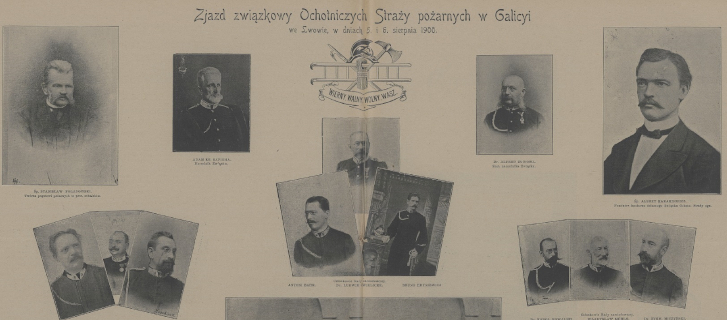
Celebration of the 25th anniversary of the Regional Fire Association foundation
On August 4-7, 1900 the celebration of the 25th anniversary of foundation of the Voluntary Local Fire Society (Ochotnicza straż pożarna) was held in Lviv. Delegates from other territorial fire societies of the area as well as the ones from Bukovyna and Czechia participated in the celebration.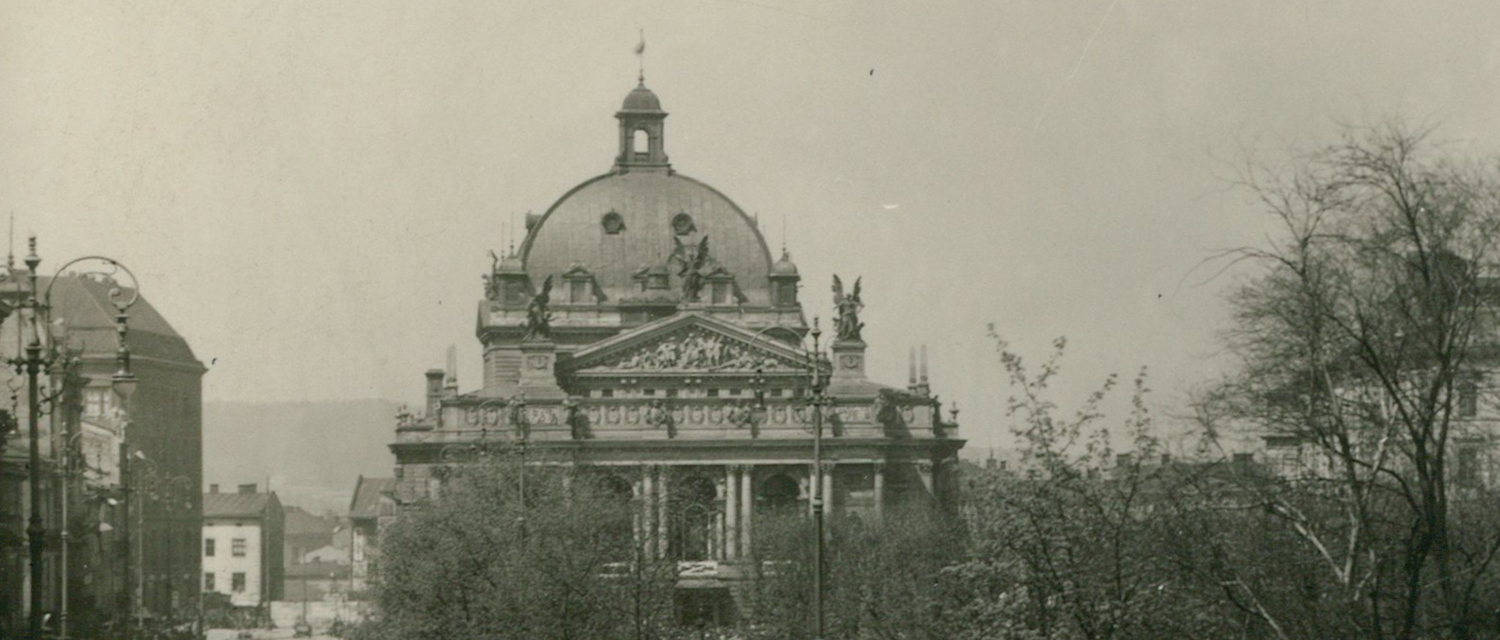
The opening of the City theatre
The new city theater (today, the Solomiya Krushelnytska Opera and Ballet Theater) was ceremonially opened on October 4, 1900. This opening became one of the major events in the city, a testimony to the maturity of the city community that managed to fund and hold such a construction.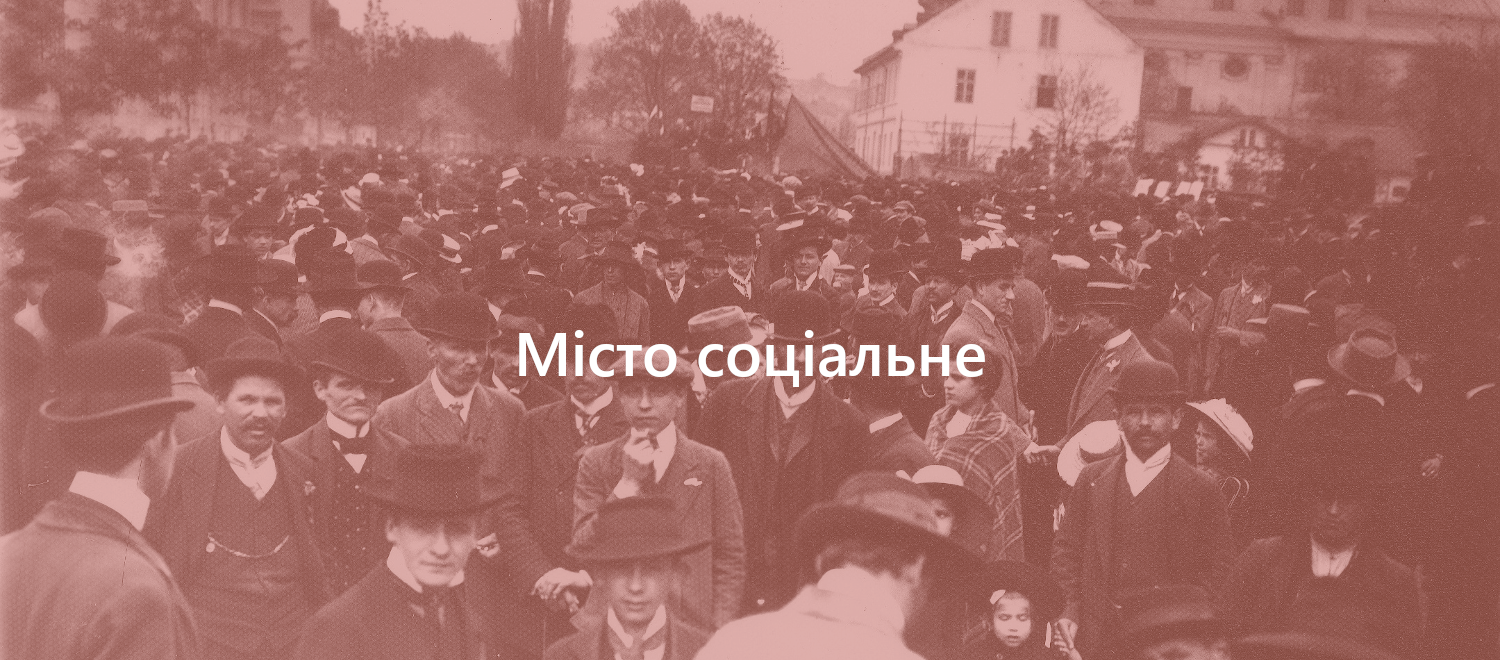
The social city
Emancipation processes allowed various national communities to "come onto the stage"; the government was now formed not only by aristocrats but also by representatives of bourgeoisie; in addition, manifestations of workers and women became frequent as both were becoming organized groups with their own subjectivity.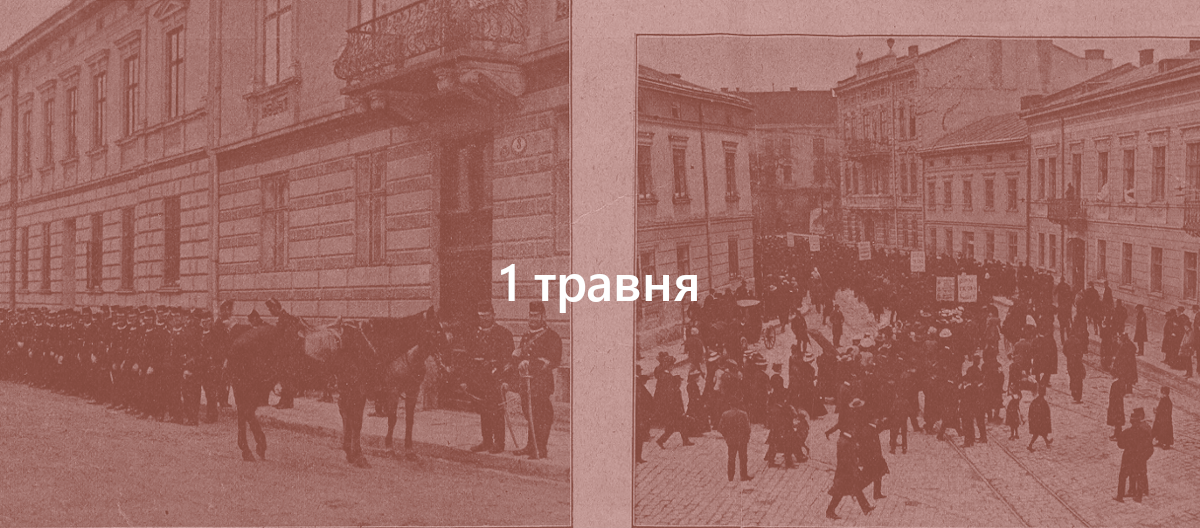
The Workers' Solidarity Day. May Day celebrations
Workers' Solidarity Day was celebrated in Lviv from 1890. Annual demonstrations became an element of public policy in the city. The Ukrainians, Poles and Jews of Lviv held them together or separately, national issues ultimately prevailing over social ones.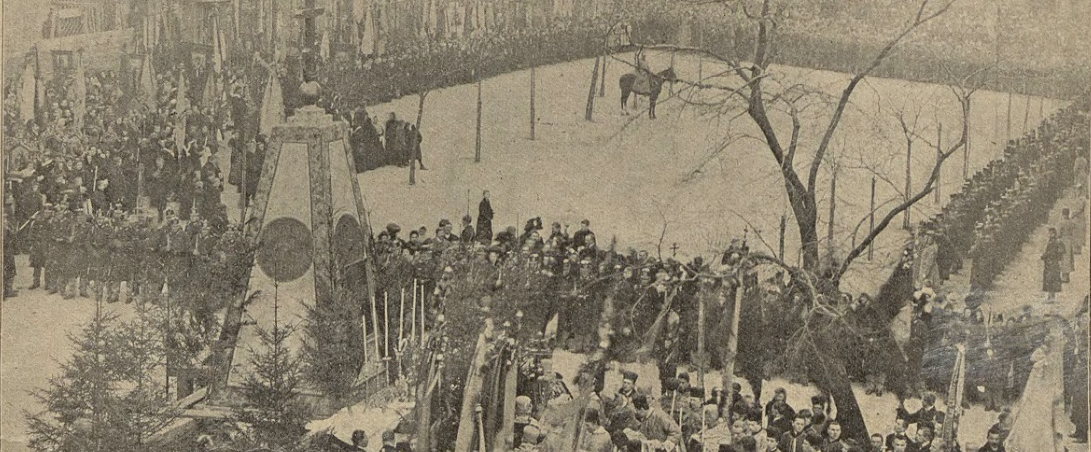
Epiphany celebration
The most significant annual religious celebration held in Lviv by Greek Catholics was the celebration of Epiphany.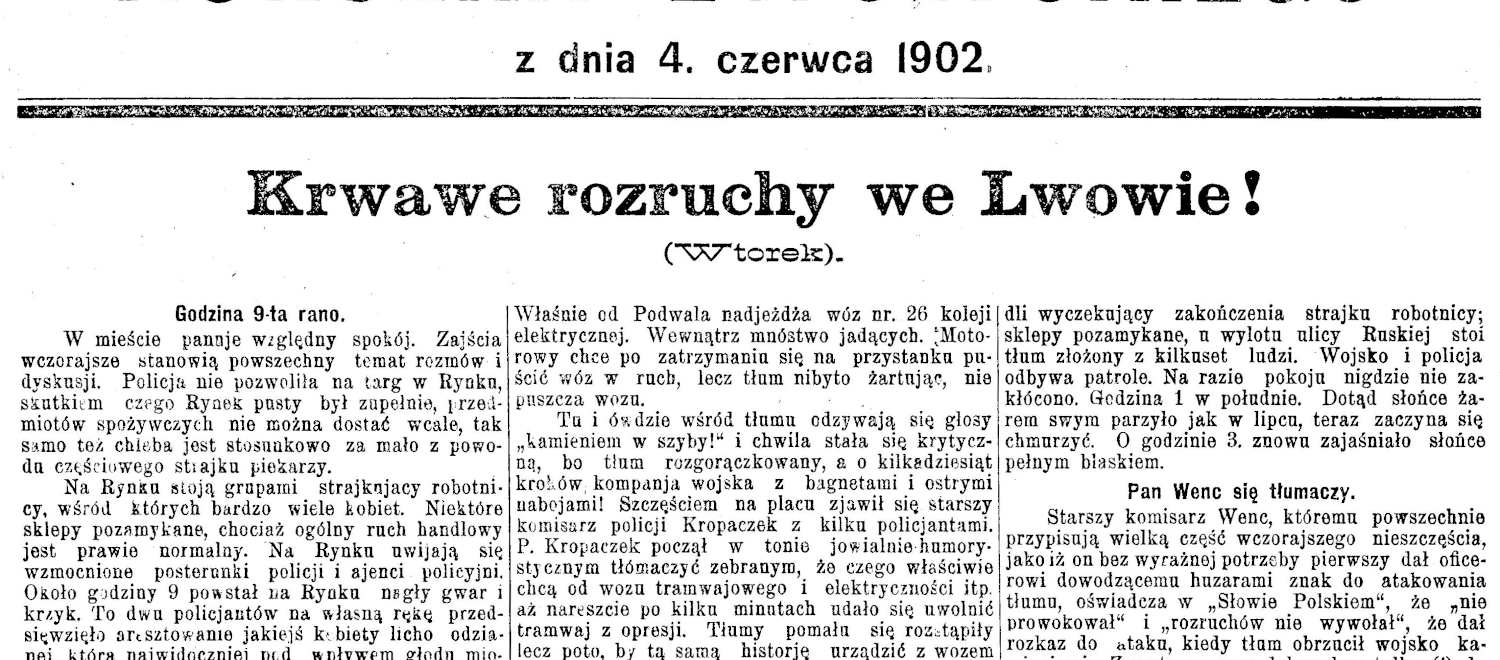
"Bloody riots", a strike of Lviv construction workers in 1902
The economic crisis, inflation, and unemployment caused strikes by builders, the largest group of workers in Lviv, for several years. In 1902, it came to bloody riots with barricades on the streets.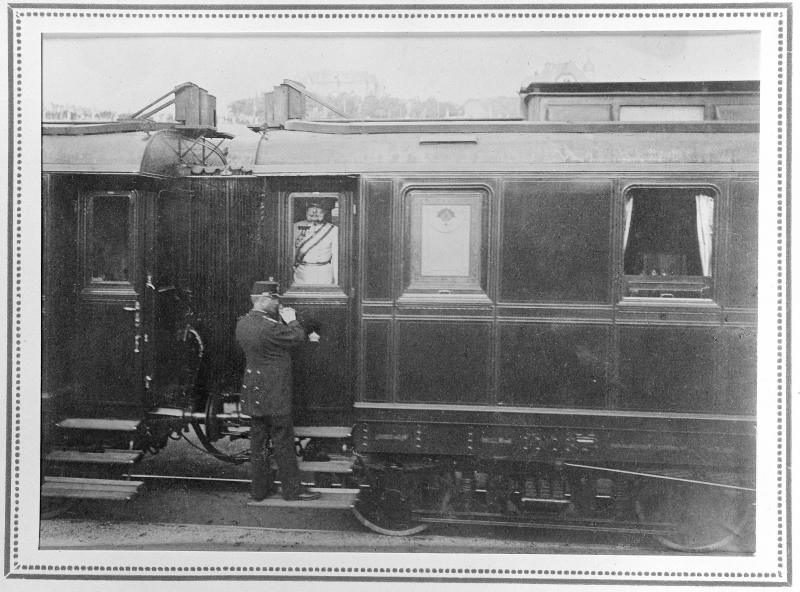
The Emperor Is Coming 1903
The emperor's stay in Lviv was short - only 4 hours. The emperor was checking on military maneuvers in the Komarno area, and came to Lviv rather for a short visit.